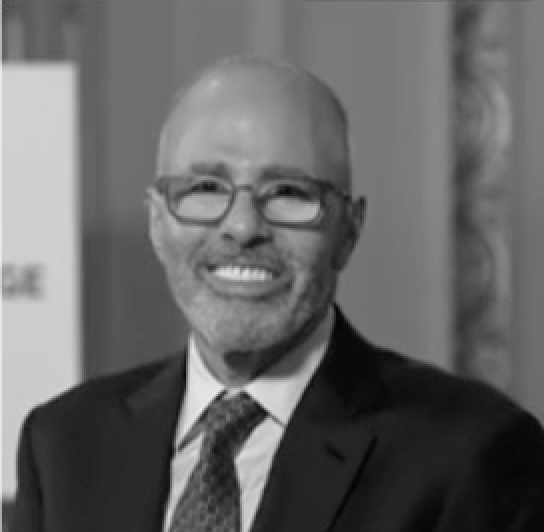President of Malta Delivers Keynote Speech on How to Combat Maternal Health Issues – Humanity 2.0
Contributed by: Show Editorial Team
Marie Louise Coleiro Preca the 9th President of Malta delivers a keynote speech on maternal health at Humanity 2.0 (Vatican City)
HIGHLIGHTS
- 19% of women experience depression after childbirth
- 10% of women experience a mental health disorder before, during, or after childbirth
- 50% of women with mental health disorders go undetected during pregnancy
The fact that the then-president of Malta delivered the keynote speech at the 2019 Humanity 2.0 forum spoke volumes. If the world is really going to solve huge problems like maternal mortality and climate change, which the event focused on, governmental involvement is essential.
Marie-Louise Coleiro Preca discussed the ways in which her country, through the Malta Trust Foundation, has committed to increasing maternal health around the world by collaborating with thought leaders, including the Humanity 2.0 Lab.
“As citizens of the world, we are all committed to a mandate, a mandate that nurtures maternal health and well-being,” Coleiro Preca said during the speech, which was streamed live by the Traders Network Show, hosted by Matt Bird. “This is why the collaboration between the Malta Trust Foundation and Humanity 2.0 and other partners is so important and essential. I feel truly proud that my country, through this collaboration, will give further impetus to promoting the improvement of maternal health and well being.”
Coleiro Preca said the world’s goal is to reduce the global maternity mortality ratio to less than 70 deaths per 100,000 births by 2030. The current rate is 211 deaths per 100,000 births.
Achieving such an ambitious goal will require a cross-section of support—from different countries to different stakeholders, especially considering the disparity in death rates between the developed and the developing world, where maternal mortality rates are 14% higher.
“Why do such inequalities persist? What are we doing to change these realities? Why has humanity managed to reach the moon and beyond, and yet child and maternal mortality are still issues that persist in our societies?” Coleiro Preca asked.
She said maternal health is a huge issue because it serves as a foundation for the rest of a person’s life. Pointing to the Y-Assist initiative, she said the Malta Trust Foundation is focused on tangible opportunities to help. The year-long program provides support to expectant mothers who are vulnerable to hardship, she said. It offers temporary accommodations as well as access to critical psychosocial health services.
Malta has also initiated critical dialogue.
“All maternal health stakeholders and relevant policymakers [have been] invited to engage actively in the discussions to bring maternal health to the floor and identify possible actions, which would, in turn, inform the programs and initiatives that will be taken up in Malta.”
A primary focus is maternal mental health, she said.
“According to indicators from the World Health Organization, about 10% of all pregnant women, and 13% of women who have just given birth, experience a mental health disorder, particularly depression. These indicators are even more alarming in developing countries, where over 15% of women during pregnancy and 19% of women after childbirth are reported to experience depression,” she said.
As pervasive as the problem is, research shows that up to 75% of maternal mental health issues are not detected, even though new mothers typically have extensive contact with healthcare professionals, Coleiro Preca said. That’s why she said the foundation has been collaborating with the Maternal Mental Health Association of Malta to improve mental health care training for various professionals.
“A training program was developed for a team of diverse healthcare professionals working in maternal mental health. The training focused on the early identification of difficulties in prenatal mental health, and, subsequently, the skills needed to address these difficulties,” she said.
As the results of Malta’s various maternal health initiatives take effect, the Mediterranean country could serve as a model to the rest of the world and find itself in a position to lead.
“As we evidence the successful outcomes that we have achieved from these initiatives and experience the difference in the lives of mothers and children that [we] have come in contact with and worked with, the Malta Trust Foundation is even more adamant to look to future collaborations and initiatives with more resolve,” she said.
(Written by Andrew Waite; Editing and revisions by Nicole Liddy)
PR and Media By: CommPro Worldwide
Links: Original Article
All rights reserved to the Traders Network Show. No part of this publication may be reproduced, distributed, or transmitted in any form or by any mean including; photocopying, recording, or other electronic or mechanical methods, without prior written permission of the publisher, except in the case of brief quotations embodied in critical reviews and certain other noncommercial uses permitted by copyright law. For permission requests, write to the publisher addressed “Attention: Permissions Coordinator”








